For sure, « The Place » to be during the last week of November (from an archivist point of view of course) was without a doubt Yaoundé, Cameroon, where took place the International Council on Archives Annual Conference. This conference was in many ways historical. Even though the ICA has a very active branch working on African archives related issues, it was the first time that the ICA has held a full conference in an African country, since his foundation on June 9, 1948. The opening and closing ceremonies were presided by Cameroon’s Prime Minister, Philemon Yang.
How important is memory and archives to Cameroonian? As you may read it on the front page of the Cameroon Tribune, the main local newspaper, it is a “capital matter.” The Cameroonian government takes a stand during this international conference and officially announced the construction of a new archives facility for their national archives who are desperately in needs for it. This is not a small stand to take from the government of a country where almost everything is needed to be built. Usually, archives are not on the list of top priorities when your country is struggling with drinkable water shortage, electricity shut down and rebellion at his borders. But Africans are proud of their heritage and as the Cameroon National Archives motto states it:
Les archives c’est nous, c’est notre vie, c’est notre histoire, c’est notre devenir.
Archives are us, it is our life, it is our history, it is our future.
This conference has been historical for the ICA, historical for the African archival community and the archival community in general. And, for myself, it has been a real eye-opener at many levels. The underlying subject of this conference was mainly this problematic about displaced archives (or shared heritage), a major problem for African countries. As the colonial past is different from one country to another, the problems and therefore, the solutions or options to it are many and complex.
For Cameroon, there was hope and excitement during the conference as the French president, Emmanuel Macron, opened the door to the of stolen cultural property. You can read the article of the Cameroon Tribune here.
Aside from attending this conference, the main reason for my participation at this annual conference was to work with the ICA Expert Group on Research Services and Outreach (EGRSO) of which I am a member. I will tell you more about our work on another post later on this year. I’ll keep you posted !!
A Wonderful initiative: the Morabeza Records Project
These international conferences are moments of great encounter with wonderful people who shared their realization with a great passion. I would like to share with you a project that I have found truly moving and powerful when it comes to addressing the notion of shared heritage.
Here is this wonderful initiative to save and share the heritage of Cape Verdean music through the Morabeza Records project. The Morabeza music recordings were principally the work of João Silva, encouraged by the leader of the Cape Verde liberation movement, Amilcar Cabral.
Silva arrived in the port of Rotterdam in 1955 aboard a Panamanian cargo ship. Shortly after his arrival in Rotterdam, he founded the Morabeza Records and invited musicians from Cape Verde to record their music there. He also wrote politically engaged lyrics for a band that he founded, called Voz de Cabo Verde. His record company produced around 70 records, all of which João Silva, now in his eighties, transferred to the City of Rotterdam in order to ensure their preservation and accessibility to the public of Rotterdam and Cape Verde.
This truly exquisite 30-minute documentary is in Dutch, but you can change the subtitles language by clicking on settings > subtitles > auto-translate > choose your language of preference.
The next ICA Annual Conference, entitled Designing the Archives will be held in Adelaide, Australia and it is presented by the Australian Society of Archivists (ASA), Archives and Records Association of New Zealand Te Huinga Mahara (ARANZ), the International Council on Archives (ICA) and the Pacific Regional Branch International Council on Archives (PARBICA).



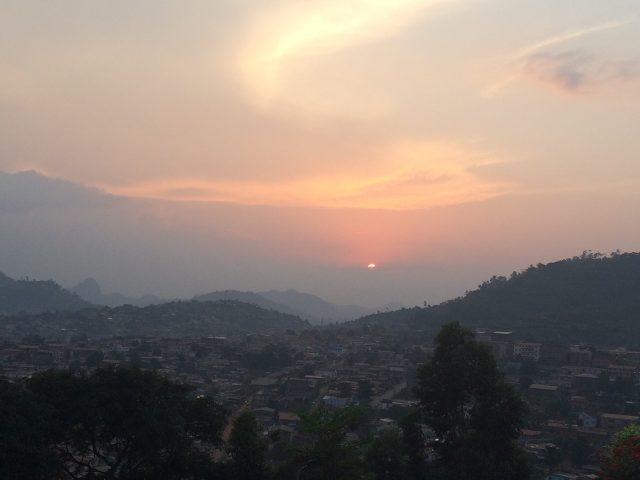
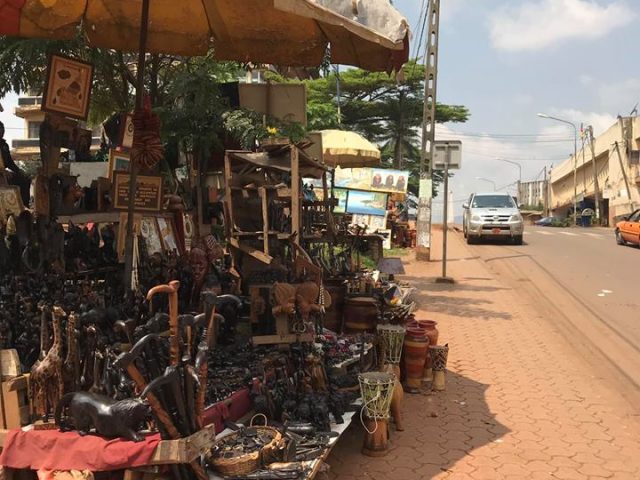
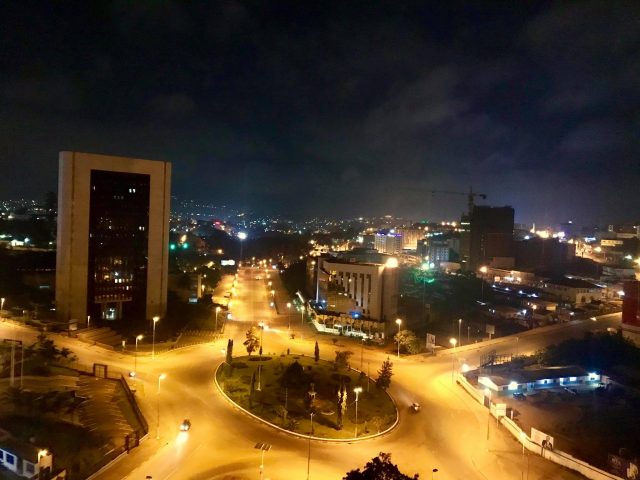
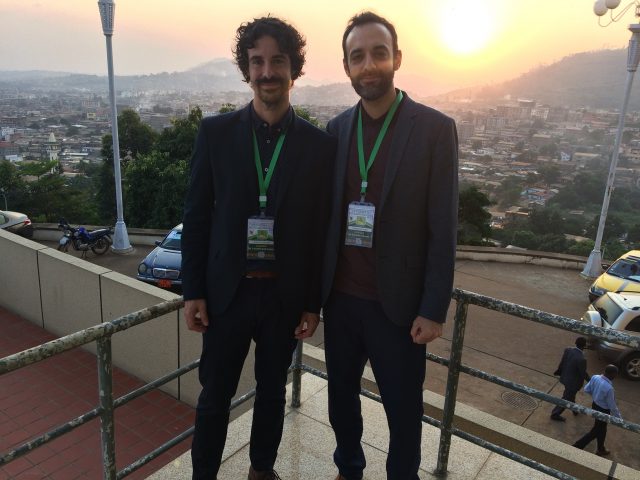
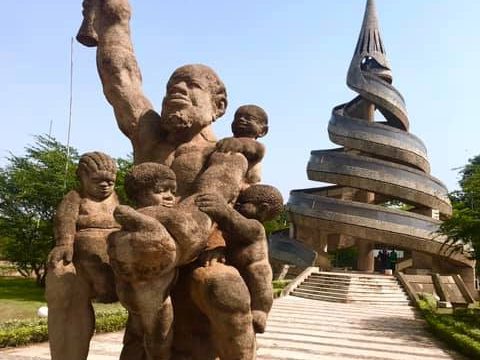
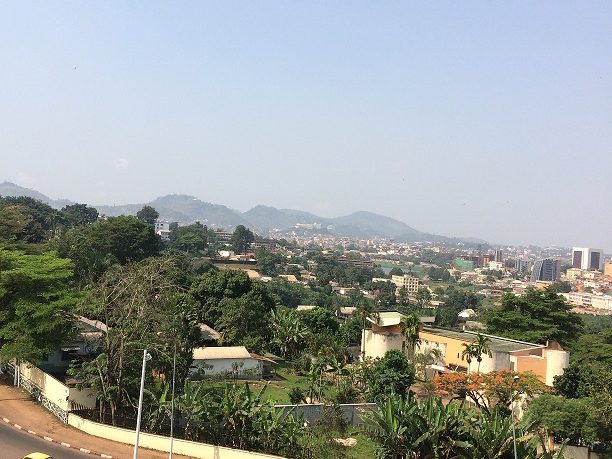
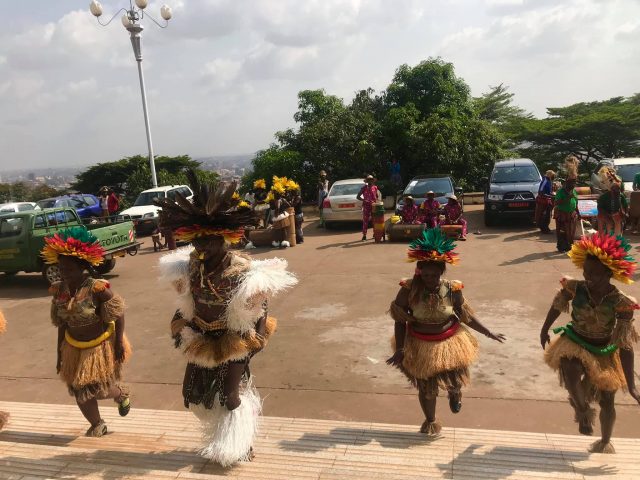










Leave a Reply
You must be logged in to post a comment.